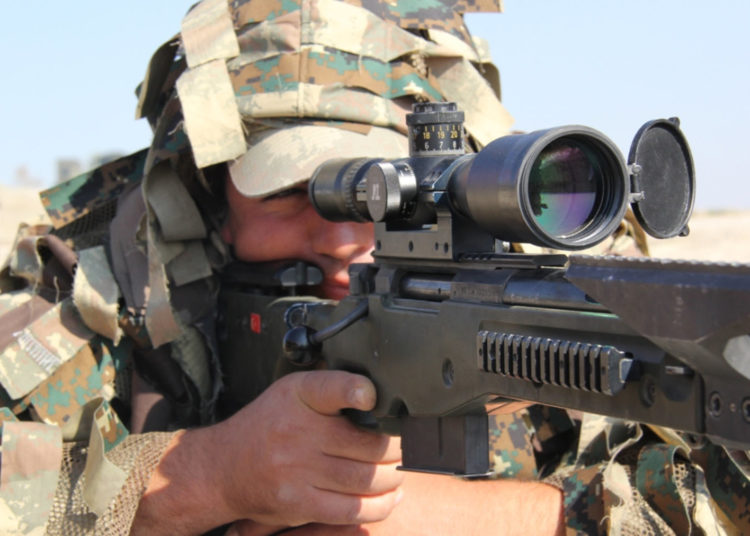Abdullah Bozkurt
A military training cooperation memorandum of understanding signed between Turkey and Libya in 2012, cited by Turkish President Recep Tayyip Erdoğan as a pretext for sending Turkish troops to the war-torn country, does not justify the deployment of a large contingent of troops but may very well allow some troop deployment under training schemes.
The agreement, obtained by Nordic Monitor, specifically focuses on establishing mechanisms for cooperation between the parties in the field of military training as Article 1 suggests. The interpretation of the articles for the deployment of a large contingent of Turkish troops in Libyan territory appears to be far-fetched in view of Article 4, which lists the areas of cooperation. Nevertheless, if both Libya and Turkey agree, they could very well justify a Turkish troop presence under some of the provisions of the agreement.
Activities shall be conducted in the following fields as specified in Article 4:
- Training given at staff colleges, Gulhane Military Medical Academy and General Command of Cartography
- Training at the Service-subordinate schools (military high schools, military academies, military medical schools, NCOs vocational higher schools and branch schools)
- Training and education mutually provided by gendarmerie and coast guard organizations
- Pre-occupational and job-related training at the training centres
- On-the-job training in the units, headquarters and agencies
- Cooperation and contact visits among units, headquarters and agencies
- Visiting and approaching harbours
- Exchanges of delegations
- Invitations of observers to the exercises
- Participation in joint exercises
- Mutual exchange of information for the improvement of the training
- Mutual exchange of information in the fields of military history, military museology and military publication
- Cooperation in the fields of military medicine and health services
- Cooperation in the field of training in logistical matters
- Cooperation in peace support operations, such as peacekeeping, humanitarian aid and counter-piracy
- Special expertise courses (underwater defence, submarine officer/NCO, diver of 1st class, etc.)
- Exchange of personnel
- Assignment of personnel for Turkish/Arabic language courses
- Training for earning officers/NCOs basic military understanding (in groups or on an individual basis) and other similar training
The full text of Turkey-Libya military training agreement:
The agreement lays out a specific timeline for cooperation and requires Turkey to make the request at the latest in March of the year before the beginning of the training or course under the MoU. However in extraordinary cases, the agreement allows short-term training and other courses without complying with the deadline requirement provided that both countries agree to it in writing.
Any dispute that may arise from the implementation or interpretation of the agreement will be settled through negotiations and consultations between the parties and shall not be referred to any national, international tribunal or third party for the settlement, according to the text.
The agreement can be revised within 30 days of written notification by the parties, which means that Turkey and Libya could alter the agreement to better justify a Turkish troop presence in Libya. The deal is valid for five years with automatic renewals for one-year periods.
It was signed on April 4, 2012 in Ankara by Turkish Brig. Gen. Salih Sevil and El Siddik El Mabruk, the Libyan deputy minister of defense.
Appearing on the state-run TRT on December 9, 2019, Turkish President Erdogan made reference to the agreement in a bid to justify sending Turkish troops to Libya.
Turkey recently signed a maritime agreement with the Tripoli-based and UN-backed Government of National Accord under the leadership of Fayez Mustafa al-Sarraj, drawing criticism from Greece, Egypt and Cyprus. Ankara supports al-Sarraj against the Tobruk-based Libyan National Army (LNA) under the command of Gen. Khalifa Haftar, which is backed by Egypt.












